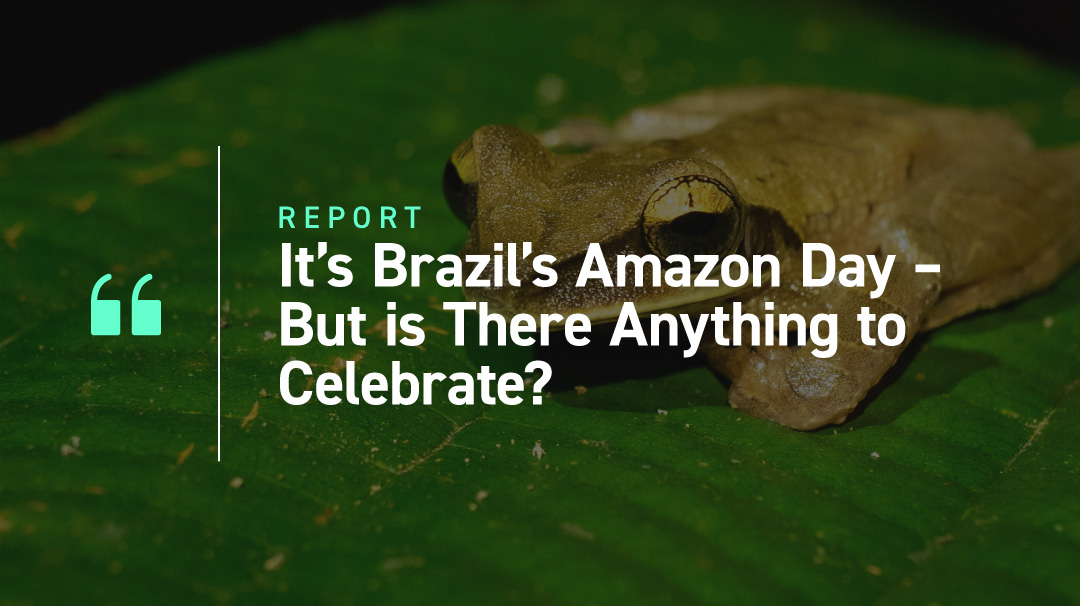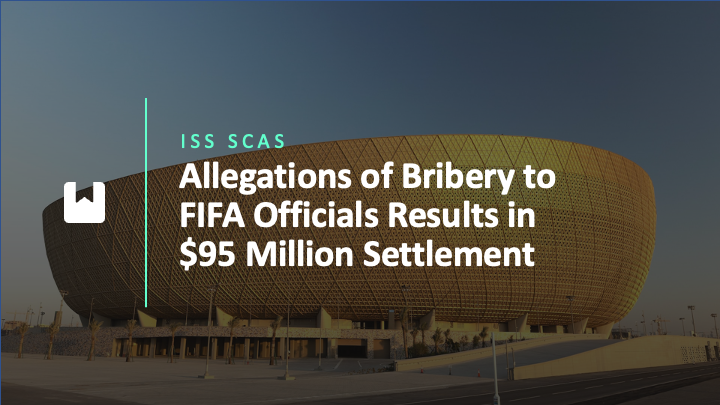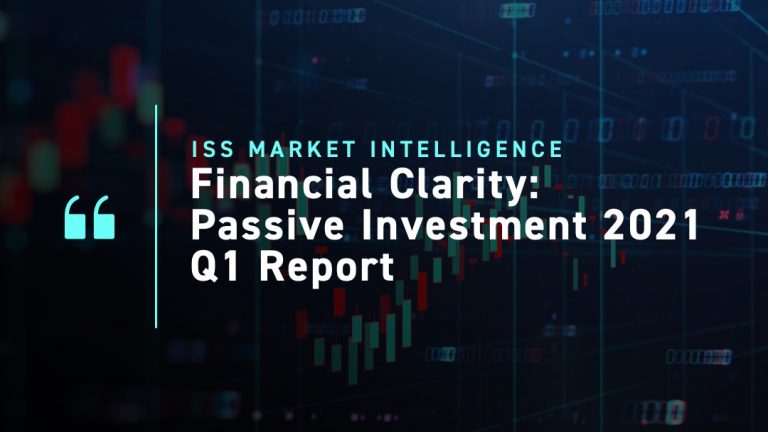In Brazil the 5th of September is called “Amazon Day”, instituted in 2007 as a day to remember the importance of the Amazon forest to the country and to the world. But as the destruction of this unique biome continues to accelerate, is there anything to celebrate in 2021? The most recent IPCC report states that it is possible that continued deforestation coupled with a warming climate might increase “the probability that [the Amazon] will cross a tipping point into a dry state during the 21st century”. Against this dire backdrop, responsible investors have an opportunity to understand how their portfolio is exposed to risks in the Amazon region and how companies are faring in this context.
In a 2-degree scenario, the IPCC predicts that sectors such as agriculture will be affected by the increased drought, aridity, and fire weather in several global regions, including in the Amazon. Recent studies suggest that climate change and deforestation are resulting in a decline of the Amazon carbon sink. The past couple of years marked the highest level of deforestation in conservation areas of the Legal Amazon (a political concept encompassing not only the Amazon, but also parts of the Cerrado and Pantanal biomes) since records began in 2008, and a return to 2008 levels of deforestation in indigenous territories. In the meantime, a legislative proposal to facilitate the legalization of occupied lands across Brazil has been approved in the Brazilian House of Representatives and is now pending a decision by the Senate. The proposal has attracted a lot of criticism from local and international stakeholders, who claim that the law (referred to as “PL da grilagem” in Portuguese, “land grabbing proposal”) risks increasing land grabbing through deforestation and further endangering indigenous rights in Brazil.
While the Amazon forest spans several countries in South America, roughly 60% of it is located in Brazil, comprising about 61% of the country’s territory. Therefore, a closer look at the current situation of the Amazon in Brazil is warranted. Figure 1 reveals the extent of destruction of the Brazilian Amazon in the last 20 years, according to official data by the Brazilian National Institute for Space Research. While current levels of deforestation are not as high as those of the early 2000s, the current trend is nevertheless concerning, with deforestation in 2020 reaching its highest point of the last 12 years. Some commentators argue that this is a reflection of the current Brazilian administration’s evident disregard for environmental matters. A 2020 report on deforestation in Brazil by MapBiomas estimates that around 98% of deforestation last year was associated with illegal activity.
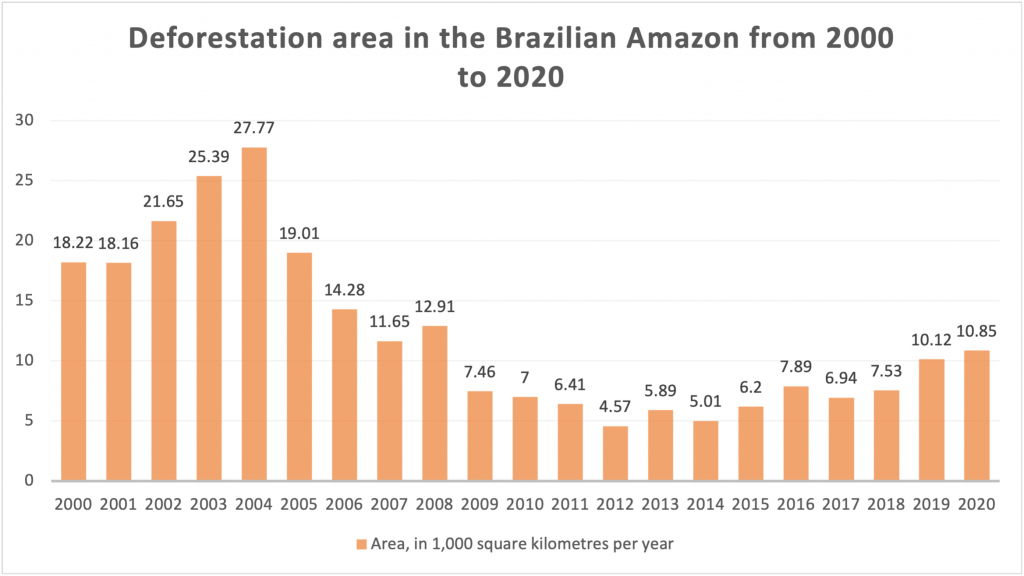
Figure 1: Deforestation are in the Brazilian Amazon (Legal Amazon) in the past 20 years, measured in 1,000 square kilometres per year. Source: Brazilian National Institute for Space Research (INPE).
ISS ESG’s Country Rating reveals that Brazil performs poorly against several key environmental measures (Figure 2 below). The country’s overall rating benefits from its performance on Energy and Natural Resources indicators due to its sheer territorial size and abundance of resources, but an in-depth analysis reveal a worrisome situation regarding the protection of these resources, mainly due to climate change and deforestation. Brazil rates poorly (D+) in overall Climate Change Performance within ISS ESG’s Country Rating scale (which ranges from A+ as the highest score to D− as the lowest score), with the performance of climate policy rated as D-. When considering climate change adaptation and vulnerability, while the country’s climate risk is at a medium level, climate adaptation is poor (D+).
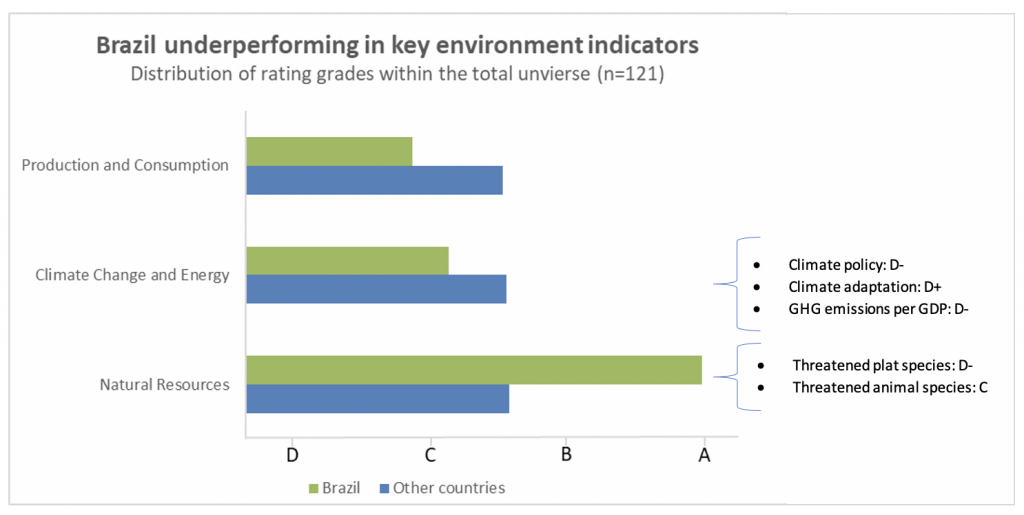
Figure 2: Distribution of overall environment performance within the total universe, scores on a scale from A+ (highest score) to D− (lowest score); Source: ISS ESG Country Rating.
ISS ESG’s Country Rating analysis of Brazil concludes that the country’s policies to limit deforestation and to reduce its emissions remain insufficient, with large-scale deforestation and intensive agriculture increasingly affecting biodiversity and destroying important carbon sinks and ecosystems. Many plant, bird, and animal species are threatened by extinction. In addition, Brazil’s per capita greenhouse gas emissions are high and the country’s policy framework does not yet incorporate targets and measures suited to effectively countering climate change.
Investors should be mindful of company performance in the country, and in the Amazon in particular. A closer look at the controversies identified by ISS ESG’s Norm-Based Research provides a better understanding of the challenges faced by companies operating in this environment.
ISS ESG’s Norm-Based Research data reveals that deforestation is by far the most common type of controversy in the Brazilian Amazon, followed by indigenous rights and environmental impacts (such as those generated by infrastructure projects). The vast majority of deforestation controversies are related to companies’ supply chains. An analysis of Norm-Based Research’s remediation indicator, which presents the status of efforts by companies to address the allegations, reveals how companies are performing. It is clear that although several companies have affirmed their commitment to address the concerns raised by stakeholders regarding deforestation, virtually none have in fact initiated measures in that direction (Figure 3).
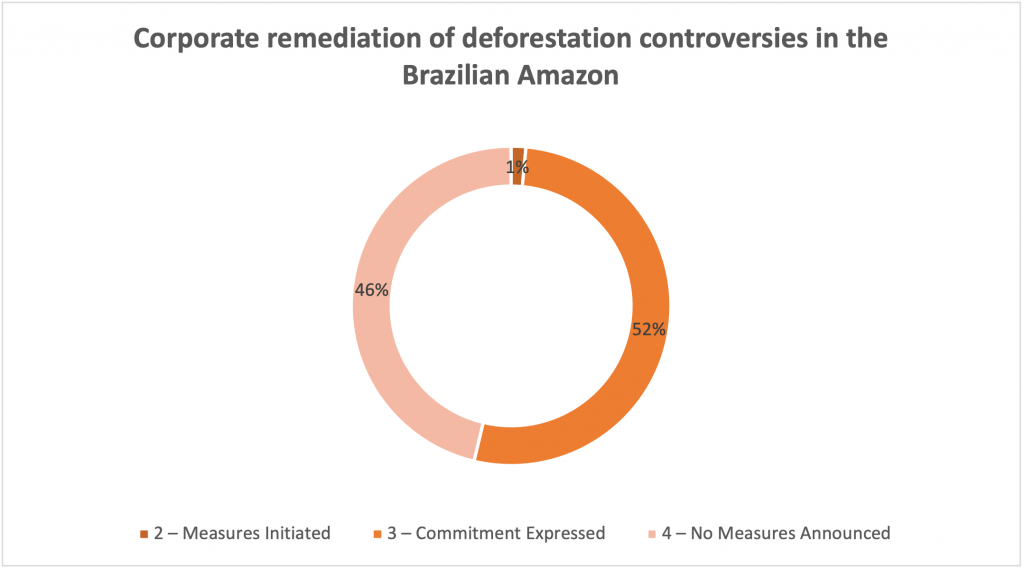
Figure 3: Distribution of Norm-Based Research remediation indicator results concerning deforestation controversies in the Brazilian Amazon (Legal Amazon), on a scale from “No measures announced”, “Commitment expressed”, “Measures initiated”, to “Credible measures adopted”. Source: ISS ESG Norm-Based Research.
On the whole, operating in the Amazon region presents serious Environmental, Social and Governance (ESG) challenges, and the mismanagement of such challenges can lead to dire consequences for the environment. Investors that are actively committed to their climate targets should pay special attention to the region, given the importance of the Amazon biome to the world’s climate. In light of concerns regarding the governance of the Brazilian Amazon, investors should manage their portfolios in the region responsibly by conducting engagement and holding companies to high standards, especially when local authorities fail to do so. On Brazil’s Amazon Day investors have an opportunity to leverage their influence for the betterment of the environment and communities within the Amazon, as well as to help combat the negative impacts of climate change.
Explore ISS ESG solutions mentioned in this report:
- Assess companies’ adherence to international norms on human rights, labor standards, environmental protection and anti-corruption using ISS ESG Norm-Based Research.
- Extend your ESG policies to your fixed income portfolio with the ISS ESG Country Rating.
- Develop engagement strategies, define achievable engagement objectives and manage your engagement process with the ISS ESG Engagement Service.
By Thiago Toste, Associate, ESG Methodology, ISS ESG
